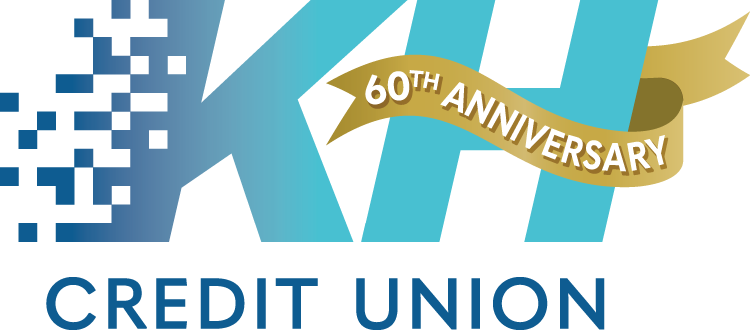
It’s spring cleaning season, and many of us will soon be polishing up more than just our homes — we often use the fresh season as an opportunity to work on our finances.
But just like there are guidelines for regular spring cleaning, there are rules for financial spring cleaning. Here’s what not to do while sprucing up your finances.
Don’t get too extreme
The fresh spring season might motivate you to make changes, but be careful not to overhaul your budget in a way that’s unsustainable.
Don’t close out credit cards
Next, don’t go around closing your credit cards willy-nilly.
Don’t splurge with your tax refund
Tax refunds are common in the spring. But Rau has noticed some financial mistakes that result from Uncle Sam’s checks.
“I see that people typically will say, ‘Hey, I got this money back. I’m going to go splurge.’ But I would say, when you do get the tax refund, to not go splurge on something you wouldn’t otherwise buy or be able to afford.”
Rau recommends using your refund in smart ways, like funneling extra cushioning into your emergency fund or paying down some of your existing debts.
And evaluate why you received such a big refund in the first place. The IRS has a tax withholding estimator on its website that can help you determine the right amount of withholding.
Don’t misplace your money
No, we’re not talking about losing your physical dollar bills (although that would be a mistake, too). Rather, we’re talking about putting your money in a place that doesn’t match your goals.
Tydlaska warns against stockpiling emergency funds in your checking account. While it might sound like a good idea to start saving extra money there, there are better places, such as high-yield savings accounts.
Many banks offer high-yield savings accounts at 1.5% to 2% APY, according to Devon Klumb, CFP and financial planner at RhineVest in Cincinnati, Ohio. These accounts can help you earn more interest on your money. Keep in mind that rates could change in light of the current economic climate.
Don’t forget the little things
Finally, while you’re already thinking about your finances, don’t overlook the organizational aspects of your money that often go neglected.
Here are a few simple to-dos from Lars-Alexander Kuehn, associate professor of finance at Carnegie Mellon University’s Tepper School of Business:
- Review your auto and life insurance coverage. (You may also want to shop around to ensure you’re getting the best rate.)
- Double-check your retirement account and beneficiaries to guarantee everything is set up how you’d like it.
- Log into your bank and credit card accounts. Set up alerts so you’ll be notified when there’s activity on your account. In addition to tracking your spending, this could help you catch any suspicious charges or withdrawals.
